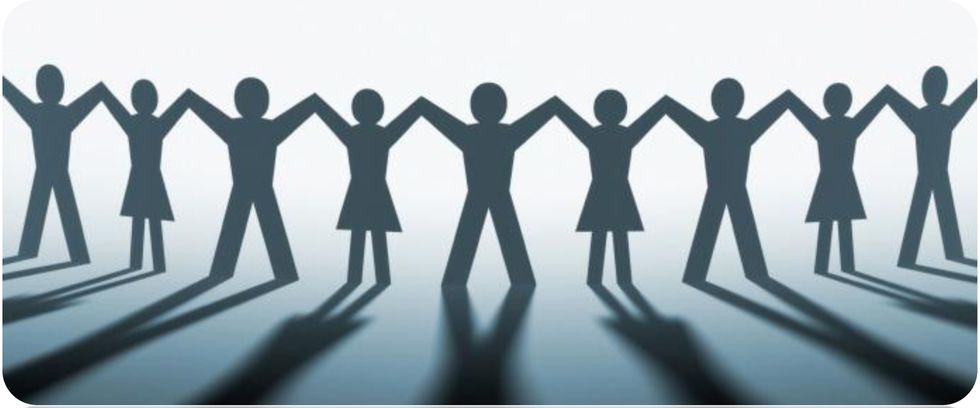Within the last few weeks, a phenomenon hit social media -- the trending hashtag #MeToo.
This simple phrase was anything but simple, however. The trend was sparked after actress Alyssa Milano made the following statement:
“If all the women who have been sexually harassed or assaulted wrote 'Me too' as a status, we might give people a sense of the magnitude of the problem” this hashtag was used to raise awareness on the number of people that had experienced sexual harassment or assault in their lives."
The response was overwhelming; on my own newsfeed, dozens of statuses popped up. Some were more detailed, explaining how their experiences related to the trend. Others simply put: #MeToo.
For me, it was an overwhelming experience. On one hand, it was devastating to see the number of women I knew, loved, or admired that were contributing their stories to the movement. On the other hand, however, it was poignant to relate to and support so many men and women. To be able to see the creation and recognition of a community that had been previously been unformed due to silence was powerful.
Nonetheless, I couldn’t help but notice that the reaction was not unanimously positive. I was confused when I saw comments, complaining about how the #MeToo-ers were simply seeking attention, being crybabies, or being “man-haters.” Even in conversation with co-workers, the reaction to the hashtag wasn’t necessarily constructive. In these brief exchanges, I couldn’t help but wonder: was the #MeToo revealing something more concerning? Was there a lack of public understanding on what was considered sexual assault, harassment, or rape culture? What exactly were those misconceptions?
Indiana University made it a point for students to be educated on these social issues. Posters, programs, and entire courses were dedicated to making students aware of the complexities and presence of these problems, reaching for the goal of minimizing sexual assault on campus; I thought that the terms we flung around so loosely and confidently were well-known and understood. After the reaction to #MeToo, however, it is still clear a divide is present in the understanding of rape culture and assault. The assumption that only men are evil and only women are victims is not the goal, consequence, or reasoning of “rape culture.” While Milano specifically (and in my opinion, erroneously) called out women, there was nonetheless a male presence in the #MeToo community; their experiences and stories were just as vital and valued as the female perspective.
Moving forward, #MeToo-ers have taken on a new job: awareness, but more importantly, education on what counts as assault or harassment and what rape culture really is. While awareness is vital to responding to a problem, #MeToo has demonstrated that awareness is irrelevant without knowledge.



















